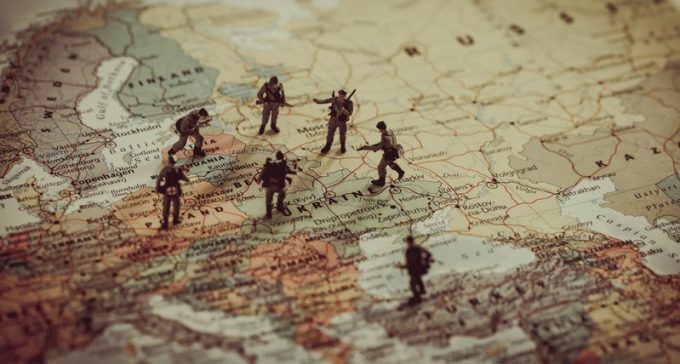Legal wrangle over terminal project could hobble South African port efficiency hopes
Continued congestion at South African ports hit by high winds has brought calls for a ...

Although container shipping in and out of the Black Sea remains a relatively niche trade, a Russian invasion of Ukraine could have catastrophic consequences for global container supply chains.
At the Freightwaves Global Supply Chain conference yesterday, Vespucci Maritime CEO Lars Jensen warned that the ripple effects from a military confrontation would likely spread far beyond the region to hit world trade.
“If the situation escalates and Russia invades Ukraine, we are almost certain to see sanctions applied to Russia, and I ...
Trump tariffs see hundreds of cancelled container bookings a day from Asia
'Disastrous' DSV-Schenker merger would 'disrupt European haulage market'
'To ship or not to ship', the question for US importers amid tariff uncertainty
'Chaos after chaos' coming from de minimis changes and more tariffs
List of blanked transpac sailings grows as trade war heats up and demand cools
EC approves DSV takeover of DB Schenker
Shippers in Asia restart ocean shipment bookings – but not from China
Forto 'sharpens commercial priorities' as it lays off one-third of staff
India withdraws access for Bangladesh transhipments, in 'very harmful' decision
'Tariff hell' leaves industries in limbo – 'not a great environment to plan'
IndiGo fleet expansion plan will include a major push to boost cargo volumes
Pre-tariff rush of goods from US to China sees air rates soar, but not for long
De minimis-induced ecommerce demand slump could cripple freighter operators
'Restoring America's maritime dominance' – stop laughing at the back of the class
Hapag 'took the bigger risk' when it signed up to Gemini, says Maersk
Navigating tariffs: 'like trying to solve a Rubik's cube while colour-blind'

Comment on this article